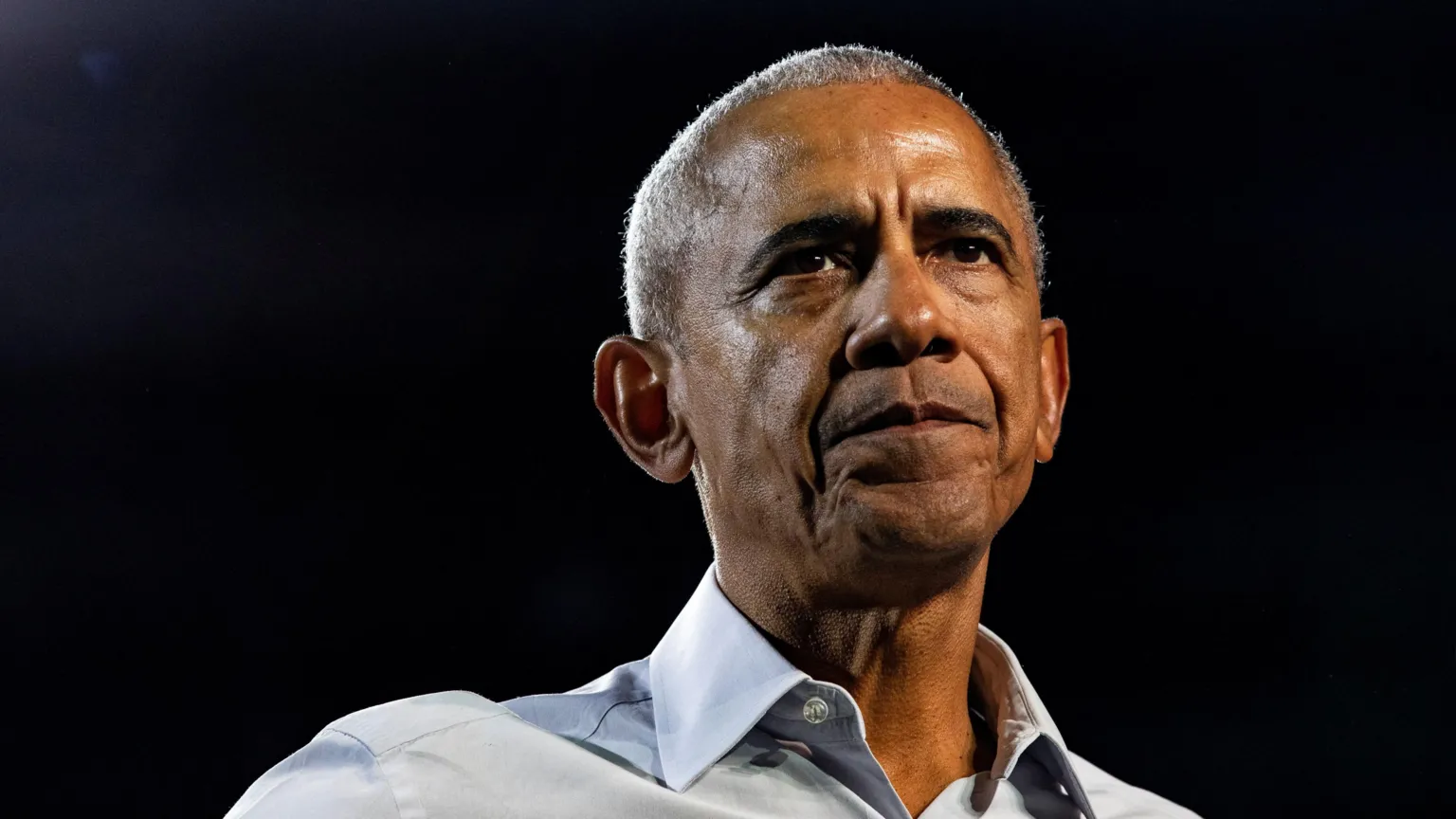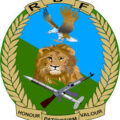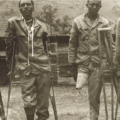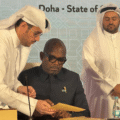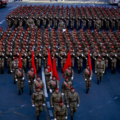On October 1, 1990, the Rwandan Patriotic Army (RPA) began the campaign that would end on July 4, 1994, with the capture of Kigali and the defeat of the genocidal regime, effectively halting the genocide against the Tutsi.
Led by Maj. Gen. Fred Gisa Rwigema (may his memory live on), the RPA crossed the border and swiftly overcame government forces stationed at Kagitumba. The day before crossing, at Kyamate in southwestern Uganda, Rwigema told his troops, “Some of us will not see tomorrow. Some of us may never witness our friends walking freely in Kigali. But we must give ourselves so others may live in peace.”
True to his words, Rwigema fell on October 2, 1990, at Nyabweshongwezi, in present-day Nyagatare District, just 10 kilometers from the Rwanda-Uganda border. His revolutionary journey had begun in 1976 when he joined Uganda’s FRONASA, led by Yoweri Museveni. Rwigema became one of East Africa’s most celebrated soldiers, a hero of both Rwanda and Uganda.
Born Emmanuel Gisa on April 10, 1957, in Gitarama, Rwanda, his family fled to Uganda in 1960 following the anti-Tutsi massacres of 1959. Museveni later renamed him Fred in honor of a Kinyarwanda-speaking fighter, Gabriel Rwigyema, who had fought alongside Che Guevara and Laurent Kabila in eastern Congo.
After Uganda’s liberation, Rwigema became deputy army commander and deputy minister of defense but faced restrictions due to his Rwandan origin. He refused to live as a stateless person not for himself, and not for all exiled Rwandans.
He would not let the genocidal regime destroy his people. He resisted Rwandans’ expulsion from Uganda under Milton Obote in 1982 and rejected the continued suffering of refugees in Congo, Burundi, Tanzania, Kenya, and elsewhere. Labels such as “Hamites” or “foreign invaders” did not define him. Rwigema chose to give the ultimate sacrifice so that stateless Rwandans could reclaim their nation and live in dignity and peace.
His death on the second day of the RPA invasion was a major setback. The genocidal regime, backed by Belgium, France, and Zaire, pushed RPA forces back and inflicted heavy losses. Supporters of Habyarimana celebrated symbolically across the country. Yet Paul Kagame, recalled from U.S. military training to lead the RPA, continued Rwigema’s mission and eventually achieved their shared vision.
After defeating the regime, Kagame established a Government of National Unity, promoting social cohesion, banning ethnic divisions, and fostering a shared national identity through the Ndi Umunyarwanda program. This emphasized the bond of being Rwandan above ethnic differences.
Today, because of Rwigema’s courage and sacrifice on October 1–2, 1990, Rwandans live united and in peace. His legacy is the freedom, unity, and dignity of all citizens.




